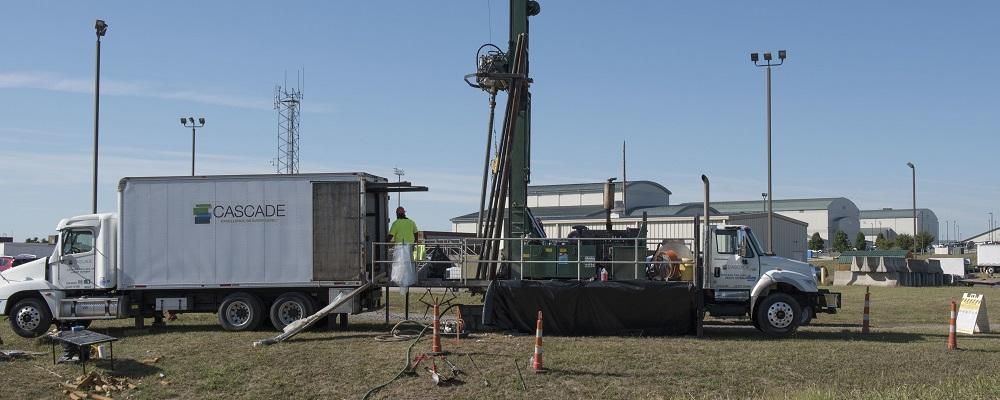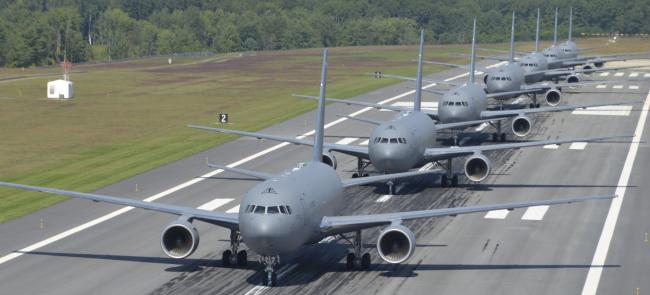
The clean-up of hundreds of military sites, including National Guard facilities, is one of several central discussions as lawmakers continue talks to hammer out a compromise defense policy legislation.
The harmful pollutants, known collectively as per- and polyfluoroalkyl substances are tied to firefighting foam used on military installations and have been a sticking point for legislators, according to reports.
House Speaker Nancy Pelosi, D-Calif., has insisted that provisions related to the toxic chemicals be included in the fiscal 2020 National Defense Authorization Act, according to Politico. Tougher PFAS regulations have been a priority for dozens of House Democrats and a handful of Republicans who previously signed a letter stating they would vote against the defense bill if it did not include such language.
Those provisions, along with others that would rein in border wall spending and implement a separate Space Force, have been the key differences as House and Senate leaders have negotiated the 2020 NDAA in recent weeks.
PFAS has contaminated water systems, ground water and surface water on at least 698 sites identified by the Defense Department, including many National Guard facilities. The chemicals have been linked to numerous health problems, including cancer, high cholesterol and thyroid disease.
House Democrats want a Superfund designation for PFAS sites, which would open the door to more federal aid.
Last month, the House Energy and Commerce Committee approved a package of PFAS measures that would, among other things, trigger the Superfund listing. Rep. Paul Tonko, D-N.Y., said the measure was a “backup plan,” for the ongoing NDAA discussions.
Meanwhile, both the Pentagon and the Trump administration have come under fire for their responses to PFAS contaminations in recent weeks, according to Politico.
The Trump administration has been slow-walking efforts to clean up PFAS, according to a report, citing two sources in the Environmental Protection Agency.
The EPA promised in February to issue a rule that would declare PFAS as hazardous substances under the federal Superfund law, but a proposed version of that rule had not been sent to the White House for review as of September.
At the same time, Pentagon leaders have had to defend their decision to follow less stringent guidelines for testing for PFAS. Instructions to military services included a screening level that is 10 times less stringent that the level recommended by EPA in draft guidance earlier this year.











